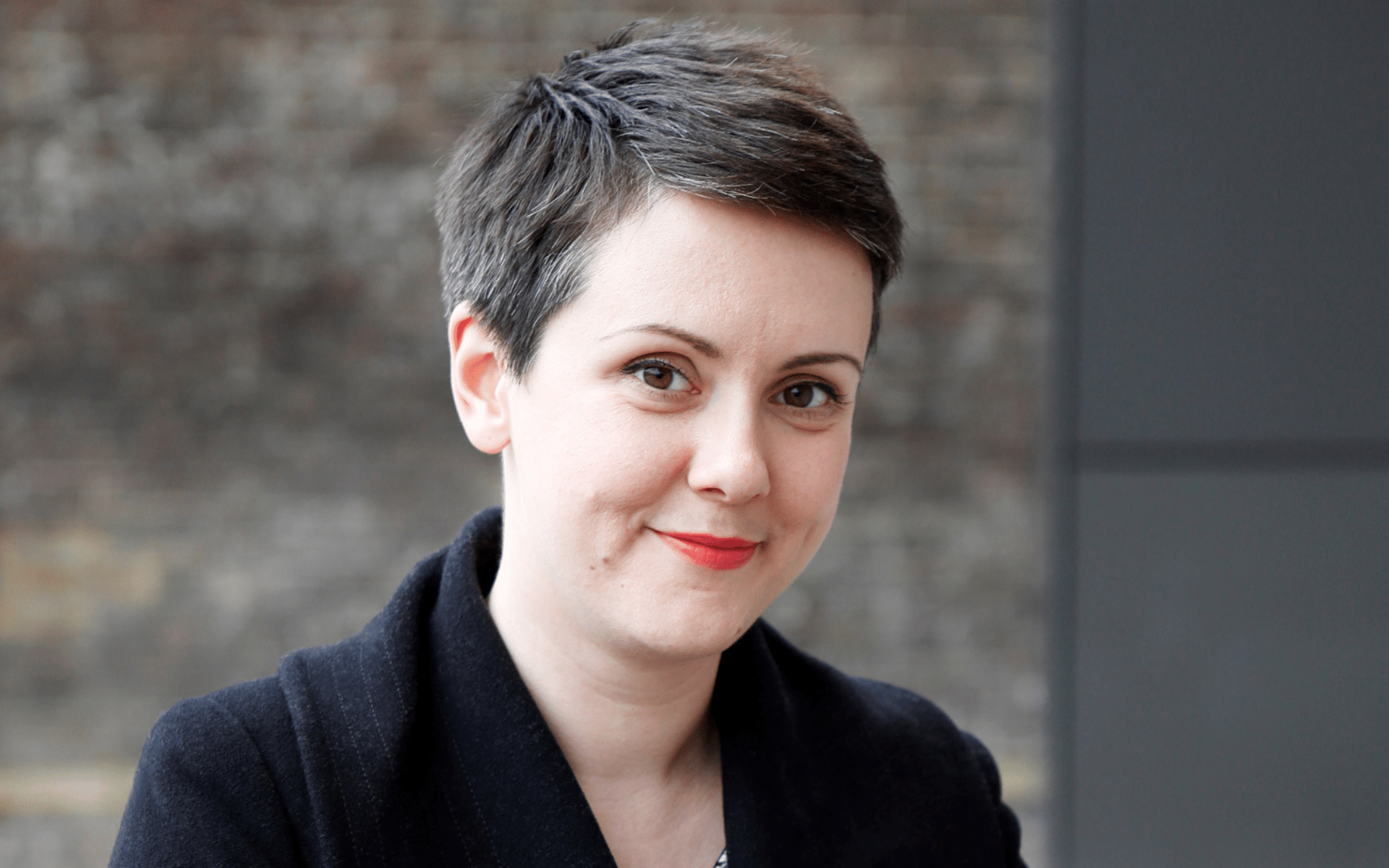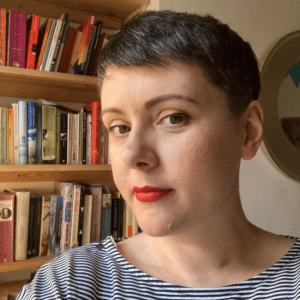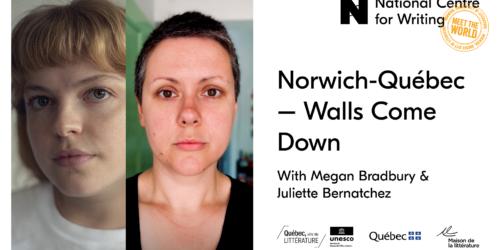
Tell us a little about your writing journey
I have been interested in writing since I was a child when I plagued my teachers and family members with macabre stories and associated documents (maps, sketches, timelines!). I got out of the habit in my teenage years but took it up again when studying for my A’ Levels, during which time I enrolled in a Creative Writing Adult Education course at UEA. I rediscovered my love of writing on this course and decided to study it at university. I studied English Literature and Creative Writing at UEA, and then went on to complete an MA in Creative Writing there too.
I loved these courses, but once I graduated, I realised that although I had learnt many technical skills, I didn’t know what interested me or how to go about writing a book. I drifted for a few years and only got my teeth into a project after an extended trip to New York City in 2008. This trip, and the research that followed, provided the subject for my first novel, Everyone is Watching, which was published in 2016. I have since gone on to work collaboratively with other artists on commissioned projects, and I am currently working on my second novel.
Why did you become a mentor for prose writers?
When I was doing my MA, I loved the process of working closely with other writers, and I often wished that I could do that kind of editorially intensive work professionally, but I didn’t know at the time that there were such things as writing mentors outside the worlds of academia or publishing. While I was writing my first novel, I won a Charles Pick Fellowship and an Escalator Literature Award. Both came with a period of intensive mentoring with two incredible writers, Jean McNeil and Cathi Unsworth. I experienced first-hand just what regular, intensive one-to-one support from a professional writer can do for one’s writing. With their encouragement and support, I began to see the potential in my early drafts. They helped me to realise what was unique about my approach and about my writing, and they gave me the confidence to experiment. With their encouragement, I became a braver, better writer.
After my novel was published, I was asked to mentor writers for the Escalator Literature Prize, and I jumped at the chance. I combined the skills I had learnt as a student with the techniques I had learnt as a novelist and the first-hand experience I had received as a mentee. I have since worked as a mentor for The Literary Consultancy, the Ruppin Agency, the National Centre for Writing, and Birkbeck University.
I find mentoring incredibly rewarding. I get to see creative projects grow from an early idea into a fully fleshed project. I get to help writers experiment and push themselves, work things out, and grow in confidence. It’s a fascinating process, and one that keeps my own writing fresh. I love it.
What is your approach to mentoring?
My approach to mentoring is very practical. The written submissions submitted throughout the programme are used as a starting point for our discussions, but the discussions themselves can range from very closely observed editorial considerations to more general organisational ones. Underpinning my approach is the belief that good writing practices, such as being organised and efficient with one’s time, learning to separate writing sessions from editing sessions, for example, or learning to write out of sequence and away from plot, can unlock talent. I am not the kind of writer for whom first drafts come easily or well. As such, I have had to learn a variety of techniques to research and develop my ideas, and I have learnt how to re-read early drafts positively and patiently, looking for opportunities in them rather than being overly critical of them from the outset. These are some of the things I help other writers with throughout the programme, and I often share writing and other organisational documents that have directly helped me. My overall aim is to demystify the writing process, to make it simpler and less intimidating, and to help writers identify what it is that they do well, what makes their writing unique, and how to develop an effective writing process. Mentoring is highly individualised, but I hope that by the end of the process all the writers I work with have a better sense of what their writing is and what techniques and approaches work best for them.
The Full Story offers writers intensive training across a 12-month period. What impact do you believe this can have on someone’s work?
Intensive mentoring can transform a writer’s work. This was certainly my experience. Before I received mentoring, even after many years of creative writing education, I had little confidence in my abilities as a writer and little understanding of what I was interested in or how to go about finding this out. Having another writer to speak to about these issues, someone who understood without judgment or sense of competition what I was trying to achieve, someone who was willing to read early drafts of my work (as rough as they were) and pull out interesting things from them, someone who could first identify and then describe my work back to me in a way that helped me to see it, was invaluable and lifechanging. Intensive mentoring boosted my confidence beyond measure, and my writing improved as a result. As my writing improved, my dedication intensified, my ambition grew, and this spilled into all areas of my life. These are all the things I try to do as a mentor. Someone once said to me that, as a writer, you can have all the confidence in the world, but every now and then you need someone else to show confidence in you. Intensive mentoring does this for a writer.
What does it take to write a great story?
Passion is key. So, finding a subject, character, or voice that interests you and that keeps you returning to your desk is important.
Curiosity. The desire to want to know more about a subject, character, or voice.
Faith that you will get there in the end if you keep working, and stamina to help you do so.
A fire in the belly is also important, but this fire might not be entirely obvious at the beginning of the writing process. One might feel a flicker of something, nothing more. That is enough to get you started. Start there.
Could you give us two top tips for writers who are struggling with a creative block?
Writers suffer from blocks for all sorts of reasons. Sometimes blocks arise because we feel creatively undernourished, in which case it’s a good thing to do something else for a while, something you enjoy, such as playing a sport, cooking, dancing, reading, seeing friends. Feed the imagination in another way until you feel rejuvenated.
If the block has come about because a project or idea has gotten out of hand or suddenly feels too important or big then try to work in a way that makes the process feel less precious. Try freewriting, which is the act of writing continuously (handwritten or typed) for a set period without worrying about spelling, punctuation, or sense, writing whatever comes into your mind in that moment, writing nonsense, even. Write fast. This is a very playful approach that can help loosen the imagination. Play is very important. When we’re playing, we are relaxed, and when we are relaxed, ideas come more freely. You can use anything as spur for this kind of work if you don’t want to start with nothing, a detail from your own project or a sentence from a book or newspaper. The important thing is to embrace the roughness. This technique works better the more you do it.
If the block has come about because there is a problem in the piece you are writing, then write this problem out on the page and talk to yourself in written form about it or give it to a character to think and talk about. Have a conversation with them about it. This might seem silly to begin with, but, as soon as you address the issue directly on the page, rather than keeping the problem locked up in the mind, a solution will in all likelihood appear, and you can continue from there.
Megan’s 12-month mentoring intensive is open for applications now. Find out more →
 Megan Bradbury a British writer, tutor, and mentor, and author of the critically acclaimed novel, Everyone is Watching (Picador, 2016). Described as a ‘beating heart of a novel’ by Ali Smith and ‘kaleidoscopic’ by Eimear McBride, the novel was longlisted for the Rathbones Folio Prize, and was listed as one of the Guardian’s Best Books of 2016. Bradbury is a graduate of the Creative Writing Prose Masters programme at the University of East Anglia, and has been awarded the Charles Pick Fellowship, an Author’s Foundation award, and numerous grants from Arts Council England. She has written for the Irish Times and the Times Literary Supplement. She is also an experienced artistic collaborator and a previous recipient of the Escalator Literature Prize. www.meganbradbury.com
Megan Bradbury a British writer, tutor, and mentor, and author of the critically acclaimed novel, Everyone is Watching (Picador, 2016). Described as a ‘beating heart of a novel’ by Ali Smith and ‘kaleidoscopic’ by Eimear McBride, the novel was longlisted for the Rathbones Folio Prize, and was listed as one of the Guardian’s Best Books of 2016. Bradbury is a graduate of the Creative Writing Prose Masters programme at the University of East Anglia, and has been awarded the Charles Pick Fellowship, an Author’s Foundation award, and numerous grants from Arts Council England. She has written for the Irish Times and the Times Literary Supplement. She is also an experienced artistic collaborator and a previous recipient of the Escalator Literature Prize. www.meganbradbury.com
You may also like...
Meet the World: Norwich-Québec – Walls Come Down
Megan Bradbury in Norwich and Juliette Bernatchez in Québec explored their UNESCO cities of literature

22nd March 2023
‘Revelation’: a commission by Megan Bradbury
Discover Megan Bradbury’s creative commission exploring writing, memories of Norwich, and the legendary Norwich anchoress

7th March 2023
A conversation with Vida Adamczewski
2022 UEA New Forms Award winner Vida Adamczewski discusses her favourite Norwich haunts, her writing and her stay with us at Dragon Hall

3rd February 2023






